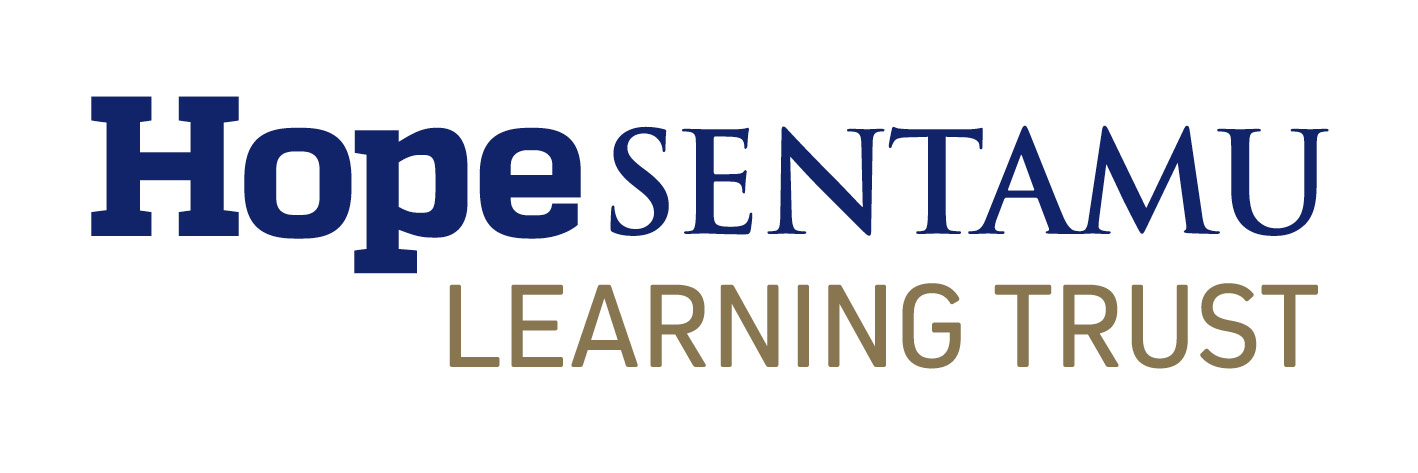- Home
- About us
- Vision and Values
- Our Schools
- Archbishop Sentamu Academy
- Aspire Academy
- Barlby High School
- Burton Green Primary School
- The Compass Academy
- Forest of Galtres Anglican Methodist Primary School
- George Pindar School
- Graham School
- Manor CE Academy
- Newland St John’s CE Academy
- Poppleton Ousebank Primary School
- Skelton Primary School
- St James’ CE Academy
- Vale of York Academy
- Key Information
- Central Services Team
- Our Partners
- Joining the Trust
- Admissions Consultation
- British Values
- Our Research
- Vacancies
- Governance
- Support
- Train to Teach
- Development
- Vacancies
- Contact


 Matthew says: “This was largely due to pupils having an increased responsibility for their note taking and presentation of their books; they should be something that pupils can be proud of to present for themselves and to others. With this, I have noticed increased pupil participation in my lessons, stemming from pupils knowing that they have high quality notes in their books that pupils can use when it comes to applying their knowledge to a task.
Matthew says: “This was largely due to pupils having an increased responsibility for their note taking and presentation of their books; they should be something that pupils can be proud of to present for themselves and to others. With this, I have noticed increased pupil participation in my lessons, stemming from pupils knowing that they have high quality notes in their books that pupils can use when it comes to applying their knowledge to a task. 
